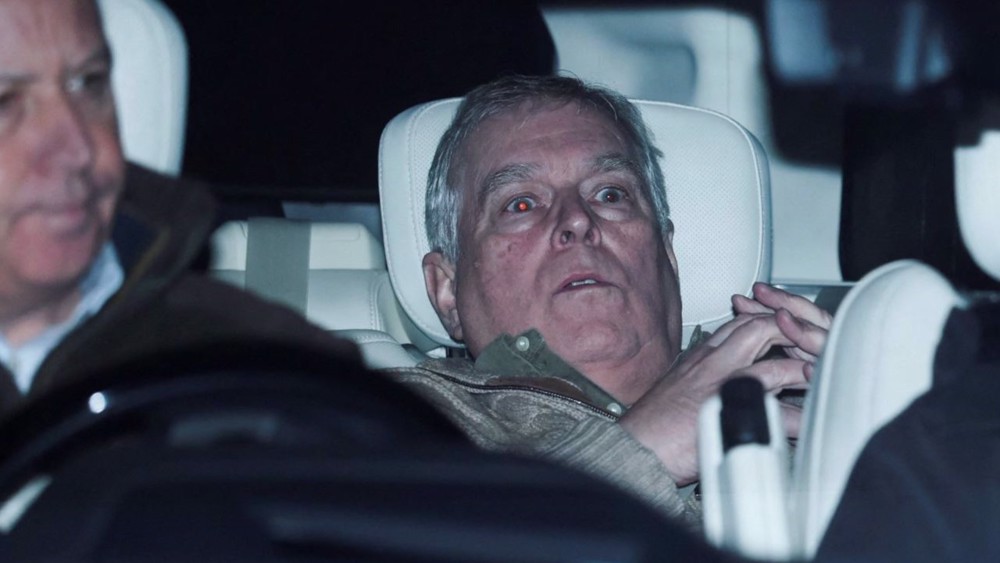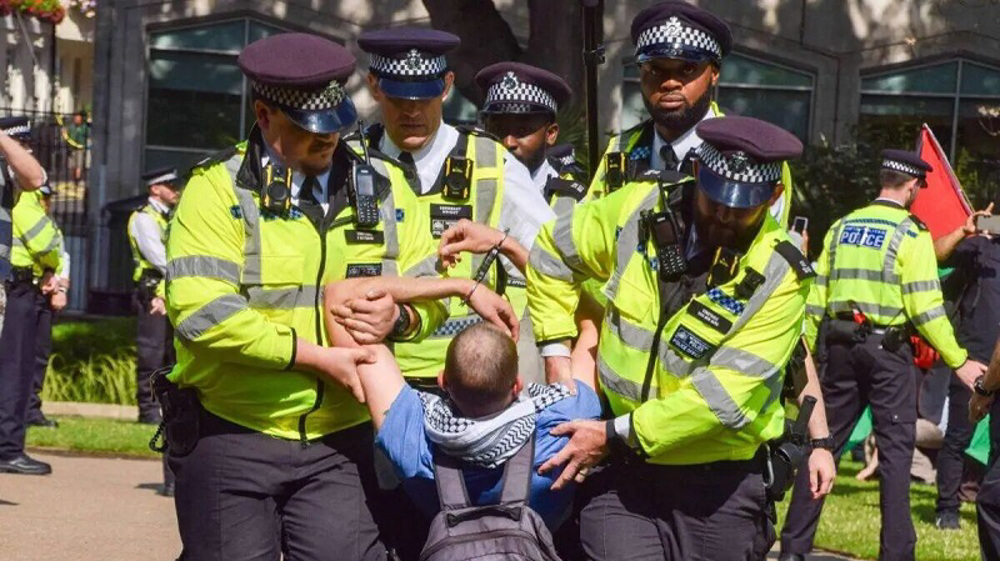UK’s Jeremy Corbyn vows to carry on as Labour leader
Britain’s opposition Labour leader Jeremy Corbyn has vowed to carry on as the party leader since he has the “people’s mandate” to remain.
Corbyn made the remarks in a speech to his supporters in London on Wednesday, following ongoing calls for his resignation.
On Tuesday, Labour MPs backed a motion of no-confidence in Corbyn’s leadership by 172 votes to 40. The vote came after mass resignations from the shadow cabinet and calls on Corbyn to quit.
Prime Minister David Cameron has also called on Corbyn to quit. “It might be in my party’s interest for him to sit there. It’s not in the national interest. I would say – for heaven’s sake, man, go,” Cameron told Corbyn.
Former Labour leader Ed Miliband, who supported Corbyn in the September elections, also urged him to resign and said it was time for the party to unite around another candidate.
Corbyn has been accused of not doing enough in favor of the Remain campaign to stop the British exit from the European Union.

Corbyn has so far refused to step down, saying, “We're in the midst of a very interesting political time in this country, I was very honored to be elected to lead the Labour Party last year.”
He told his supporters that he has done his best to develop the party’s policies since elected as the party leader last year and knew that some Labour MPs did not agree with his plans.
“But I recognize that the mandate was given by hundreds of thousands of ordinary people joining in a political process …because they want to see a politics that is more reflective of them, their lives, their community and aspirations rather than the economic orthodoxy of the retreat of the wealth to the wealthiest that the poor may get poorer. It is simply immoral and wrong,” Corbyn also said.
The Brexit vote sent shock waves through the political and economic sectors of both the UK and Europe. It also led to the announcement of the resignation of British Prime Minister David Cameron, who had campaigned extensively for the UK to stay in the EU.
The UK should invoke Article 50 of the EU Lisbon Treaty in order to set out a two-year timetable for negotiations on withdrawal. Cameron said it is up for the next prime minister to activate Article 50 and begin formal talks for the country’s exit from the bloc.
Lebanese parliament speaker rejects any postponement of elections
VIDEO | Gazans break Ramadan fast amid rubble of their destroyed homes
Iran seeks to strengthen strategic ties with West African countries: Defense minister
US envoy’s remarks on Israeli West Asia expansion shows Muslim world targeted: Houthi
Iran says any agreement with US must fully safeguard national rights, interests
VIDEO | Press TV's news headlines
Trump admin terminates 'lifesaving' aid programs to seven African countries: Report
IRGC warship returns home after first long-range deployment for BRICS naval drills















 This makes it easy to access the Press TV website
This makes it easy to access the Press TV website